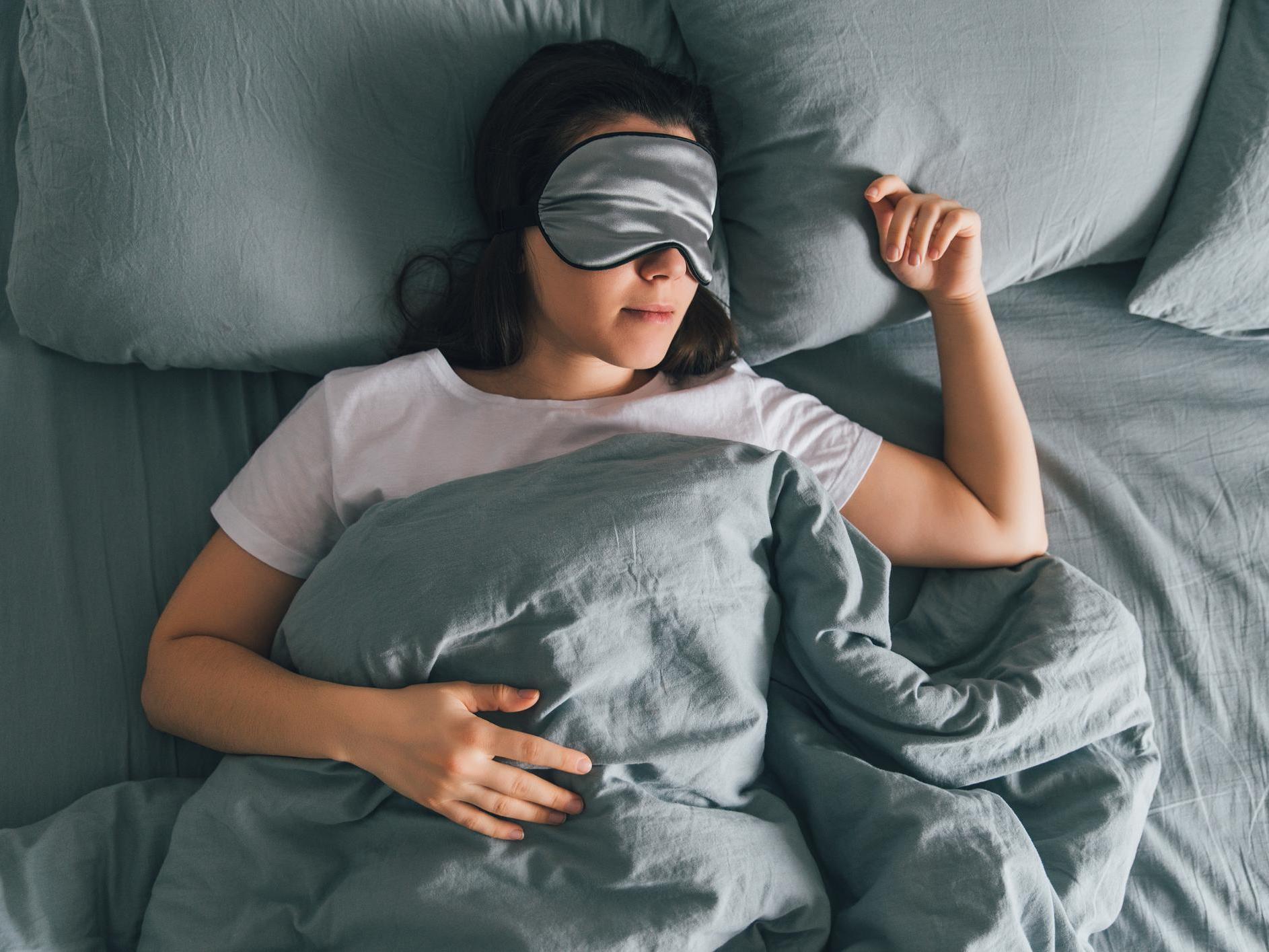Coronavirus: People having longer but worse quality nights of sleep under lockdown
Average adult is getting an extra hour of sleep per week

Your support helps us to tell the story
From reproductive rights to climate change to Big Tech, The Independent is on the ground when the story is developing. Whether it's investigating the financials of Elon Musk's pro-Trump PAC or producing our latest documentary, 'The A Word', which shines a light on the American women fighting for reproductive rights, we know how important it is to parse out the facts from the messaging.
At such a critical moment in US history, we need reporters on the ground. Your donation allows us to keep sending journalists to speak to both sides of the story.
The Independent is trusted by Americans across the entire political spectrum. And unlike many other quality news outlets, we choose not to lock Americans out of our reporting and analysis with paywalls. We believe quality journalism should be available to everyone, paid for by those who can afford it.
Your support makes all the difference.People have been sleeping longer during the lockdown but having a worse night’s sleep due to the change in routine and general worry, according to a poll.
Research found the average adult would sleep for six hours and 43 minutes on a typical weekday night prior to the lockdown.
But after morning tasks such as commuting and taking the children to school were suspended, the average adult was getting around an hour of extra sleep each week, just under seven hours on each weeknight.
Of those surveyed, 13 per cent were regularly exceeding their recommended eight hours rest, up from just 7 per cent before the lockdown.
Despite this, nearly one in four admitted their quality of sleep was "worse than ever" as they were kept awake by worries and the change in their routine.
The poll of 2,000 UK adults, commissioned by Eve, also found that snacking closer to bedtime and working later into the evenings were leading to a more disturbed night’s sleep.
One-fifth of respondents were reading the news before bed, meaning they were unable to sleep as soundly as usual, while half were struggling to adapt to their new schedule.
Cheryl Calverley, CMO of Eve, said: “Routine is hugely influential on how we sleep – not just for how long but the quality of sleep itself.
“Simply going to bed and waking up the same time every day can have a huge impact on how we feel the following morning, leaving us better able to deal with the anxiety and uncertainty we’re all facing.”
The poll also found 27 per cent were looking at screens closer to bedtime more often, which was causing them to have a worse night’s sleep.
Nearly one in 10 were exercising later than before social distancing measures were introduced, while as many as 48 per cent were kept awake worrying about coronavirus.
Although 18 per cent said they felt refreshed when they wake up at the moment, 27 per cent felt lethargic and 23 per cent felt tired.
The research, conducted via OnePoll, also found how this change in people’s sleeping patterns was impacting their daily lives for better and for worse.
Nearly one-fifth were cooking more often and one in 10 were eating better, while 13 per cent were more willing to keep fit.
In fact, one in four said they were exercising more than before and this allowed them to sleep for longer and go into a deeper sleep.
Some respondents had found benefits to staying at home, as one-fifth said it allowed them to take more time for themselves and "slow down", and 22 per cent said they had been able to spend more time with family.
The study also revealed where people have been working within their home, with nearly one-fifth working from their sofa and more than one in 10 working from their bed.
It was also found that 15 per cent of parents said their children were going to bed later and 40 per cent said they were then waking up later as well.
Consequently, 32 per cent were worried about getting themselves and their family back into their old sleeping routines when life goes back to normal.
Dave Gibson, founder of thesleepsite.co.uk and sleep expert for Eve, said: “Repetition, regularity, rituals and habits are all mechanisms which help to generate mental security and allow us to feel psychologically ‘safe’.
“As stress levels remain high and we’re being pushed out of our ‘normal’ daily life, instilling a home routine is more important than ever for our sleep.”
SWNS
Join our commenting forum
Join thought-provoking conversations, follow other Independent readers and see their replies
Comments